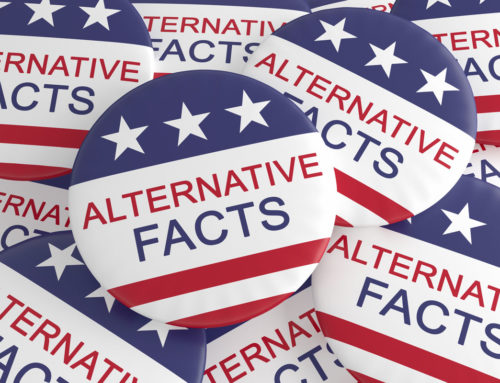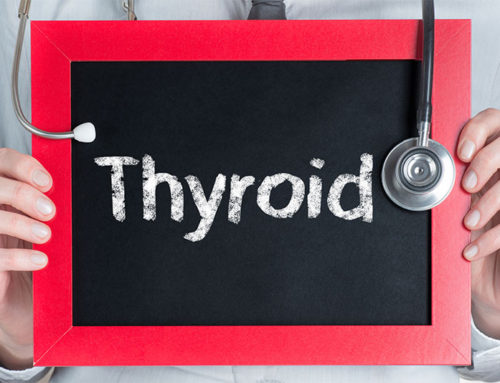A recent study on antioxidants in Cancer Epidemiology, Biomarkers and Preventionhad positive things to say about vitamin C, vitamin A, vitamin E, beta carotene and selenium. According to the study which examined over 14 years of data from over 16,000 participants in the Third National Health and Nutrition Examination Survey, there was a “dose-response decrease in cancer and overall mortality risks with higher vitamin C levels”. Cancer mortality risks also decreased with beta carotene and selenium.
This study is being widely reported as a “win” for antioxidants, and as a refutation of the studies that have shown that antioxidant use is associated with greater mortality.
So why am I not impressed?
Because I don’t want to be a hypocrite.
I find epidemiological research like this to be the bottom of the scientific barrel. Epidemiological studies never prove anything, as every statistics student knows (repeat after me: “correlation is not causation”). Epidemiological studies are meant to suggest hypotheses, which, in an ideal world will then be subjected to rigorous testing. Unfortunately, that happens rarely. Instead, the media reports on these epidemiological studies as if they were rigorous, double blind clinical trials– which they most certainly are not– and that’s why we get stupid, illiterate reporting that says “fish oil causes prostate cancer” or “multivitamins associated with increased mortality.”
So when that same methodology comes out with a finding that puts antioxidants in a good light, I can’t, in good conscience, break out the kazoos. You can’t call the jury rigged when it doesn’t give you the verdict you want, and then suddenly call the same jury a model of Solomonian wisdom when it gives you the verdict you like.
Sure, when I first read this study I was tempted to say “YAY! A study that finally found that antioxidants are associated with LESS cancer/mortality”, but the fact is that if you think epidemiological studies are flimsy evidence on which to base health recommendations, you’ve got to apply that standard even when the findings are in your favor.
Now don’t get me wrong. I’m a huge fan of antioxidants, take them every single day. I’ve gone on record as saying that oxidative damage is one of the primary promoters of aging (in The Most Effective Ways to Live Longer)and one of the four primary promoters of heart disease (in The Great Cholesterol Myth). We know what antioxidants do in test tubes, we know what they do in animal studies. We know what oxidative damage can do the body, and we know that antioxidants help prevent or reverse that damage.
I didn’t stop taking supplements because an epidemiological study showed an “association” of antioxidants with greater mortality, and I’m not taking more of them because this new epidemiological study shows the opposite “association”.
Association studies simply don’t provide a basis for action or inaction. They simply show that certain things are found together. In Denmark, storks are more populous in areas where there are the most babies. In England, the more television sets sold, the higher the rates of heart disease. In the US, diabetes prevalence rose during the Clinton administration.
In case you missed it the first time: Correlation is not causation.
As my friend, Monica Reinagel (The Nutrition Diva) says…
“Every time I drop cheese on the floor, my dog is there. That doesn’t mean my dog caused me to drop cheese”.














Thank you Johny.
Thank you AGAIN, Dr. Bowden for speaking truth! I have found more truth and helpful information from your blog and books than I learned getting my degree AND Nutrition Counseling certification. What a relief! Please, please, please keep teaching us and hooking us up with other like minded truth sayers!
Blessings,
Rhonda
Medical scientists use epidemiological studies because we have not developed techniques to measure healthiness, and no-one is trying to measure healthiness. When we learn to measure healthiness, we will come much closer to the truth, until then we have only ‘statistical wishful thinking’. We need to learn to measure healthiness:
http://personalhealthfreedom.blogspot.ca/2013/03/why-measure-healthiness.html
to your health, tracy
So true!
As a PhD student in public health specializing in physical activity epidemiology, I can confirm that correlation = causation in too many people’s minds…
I like your blog very much Johny.
Best,
Etienne